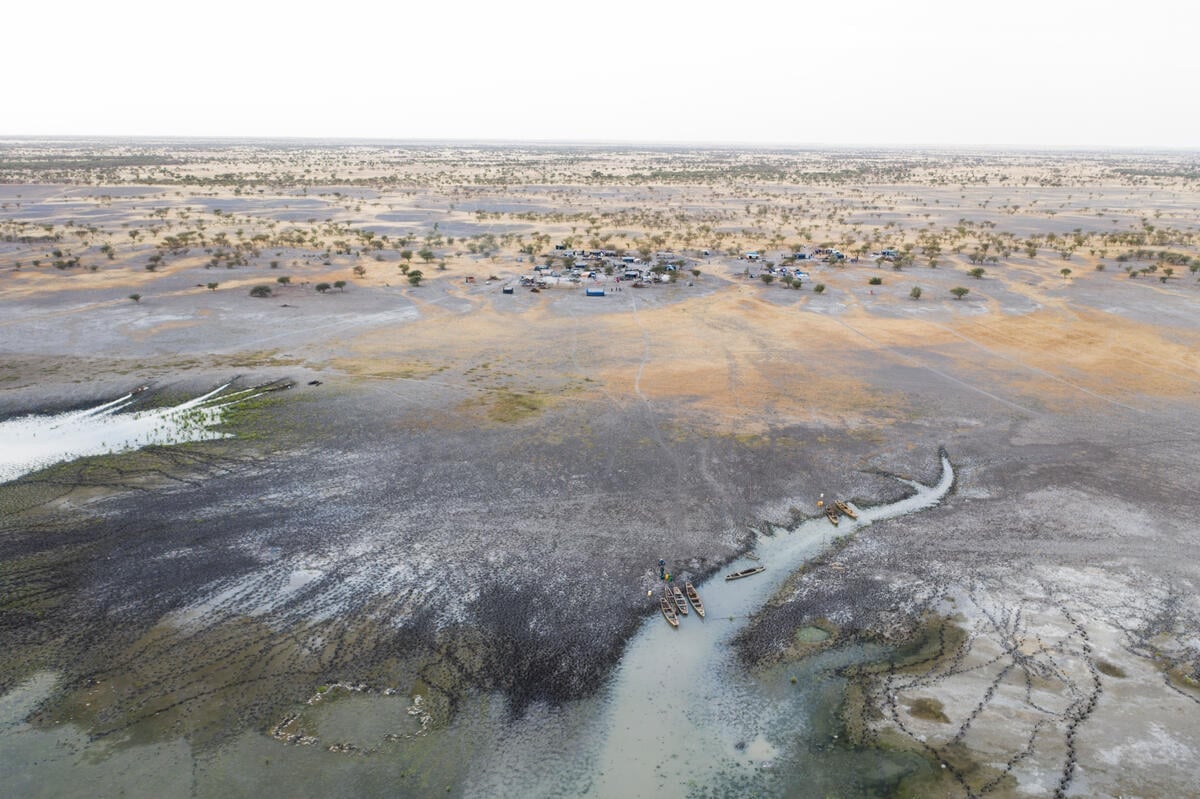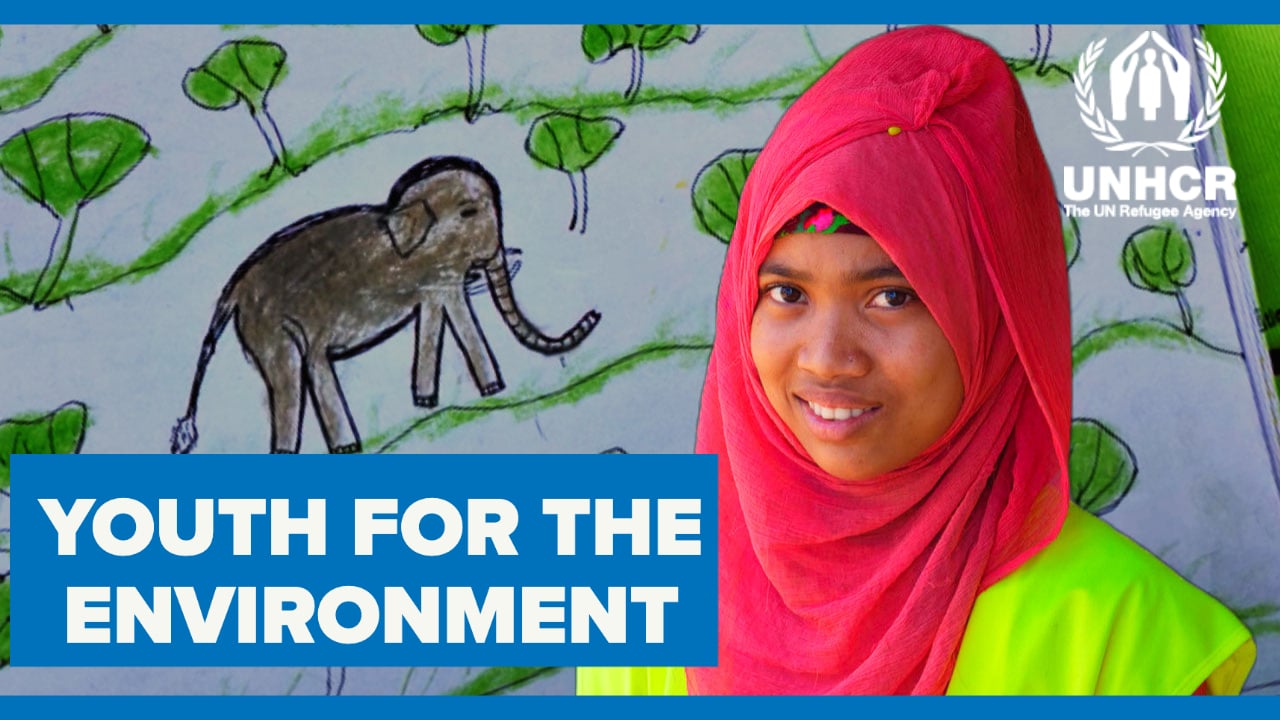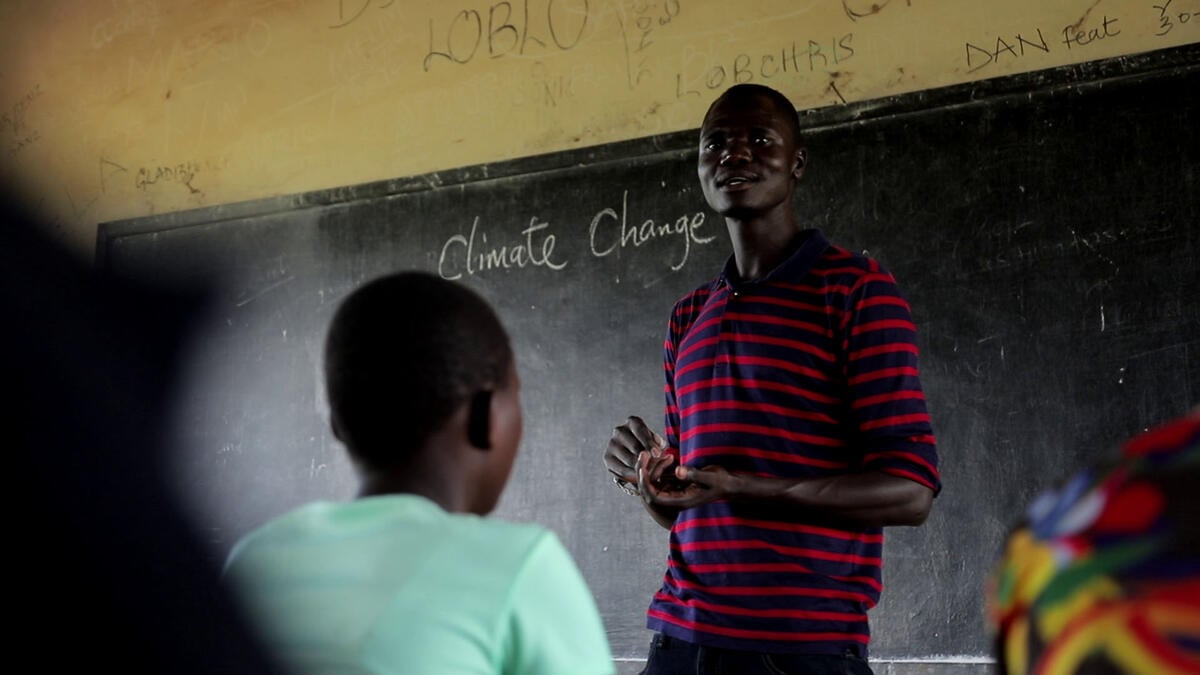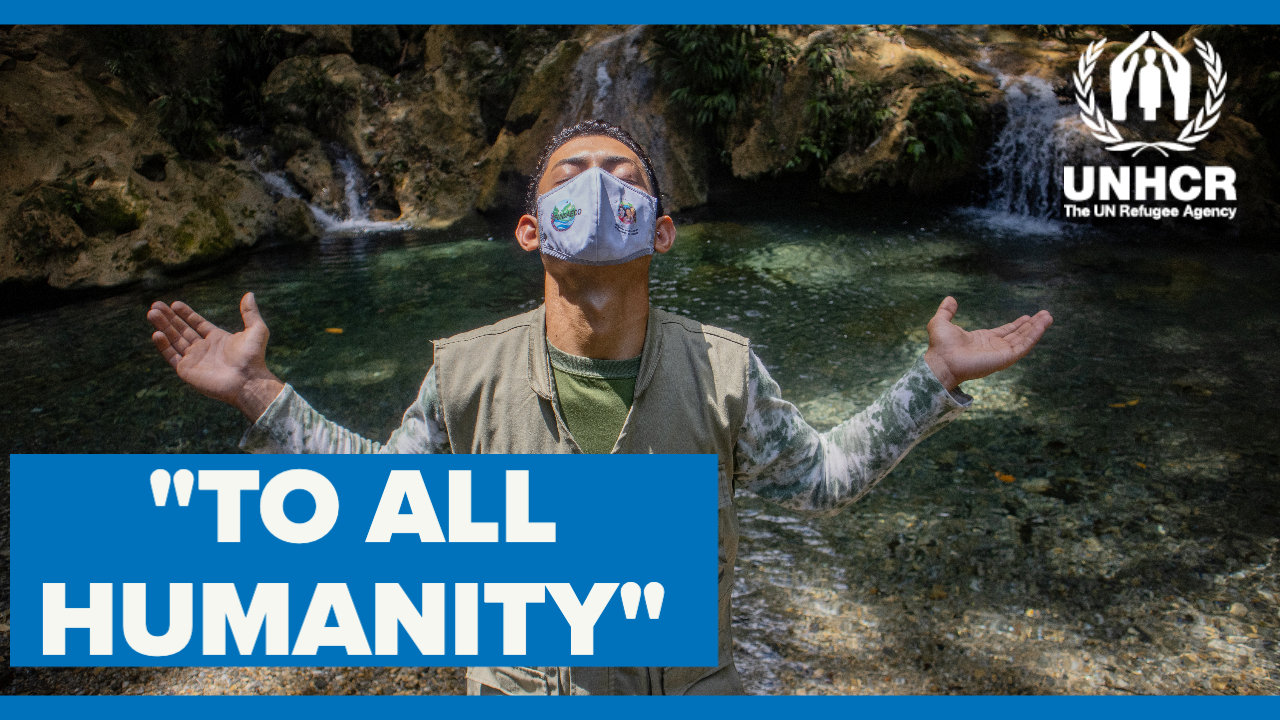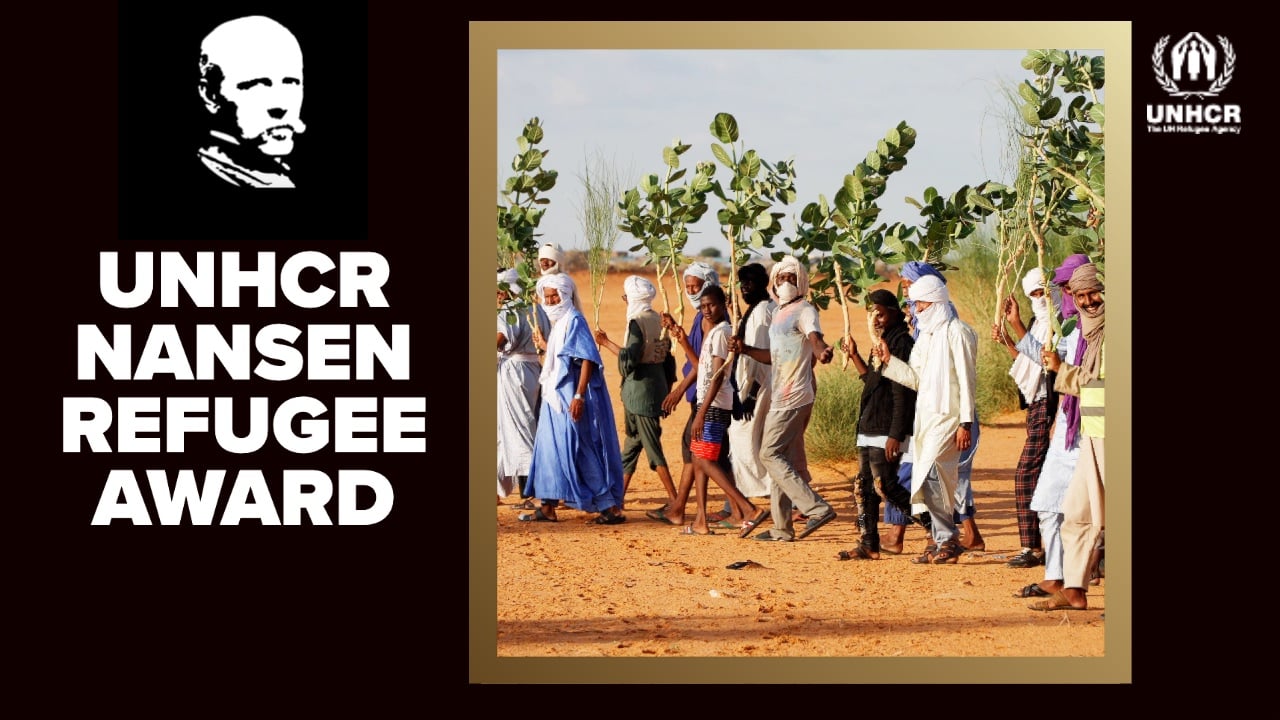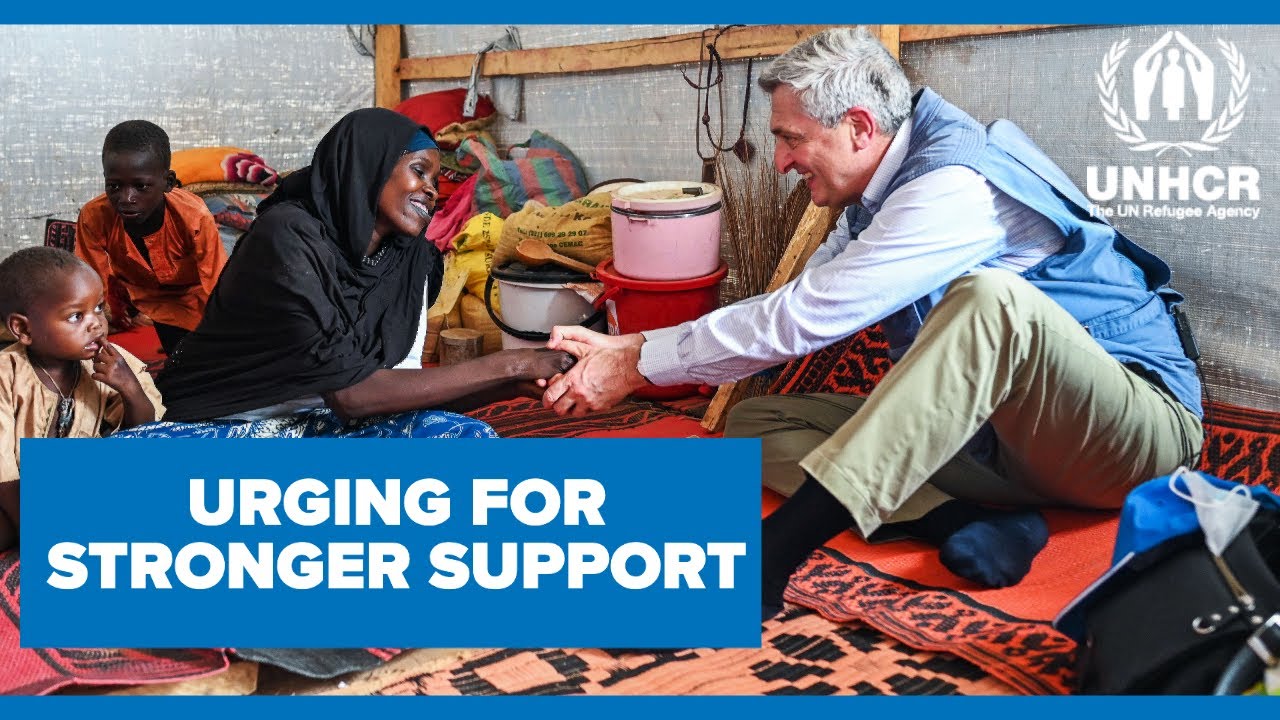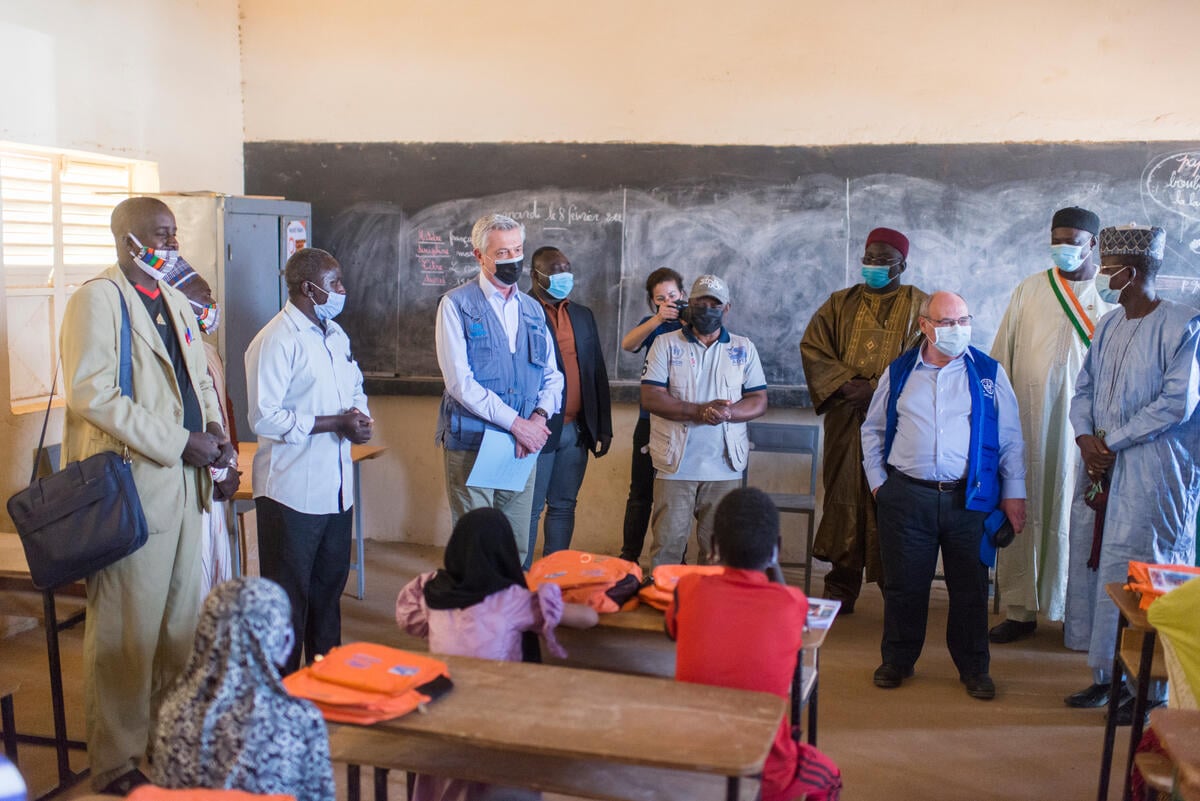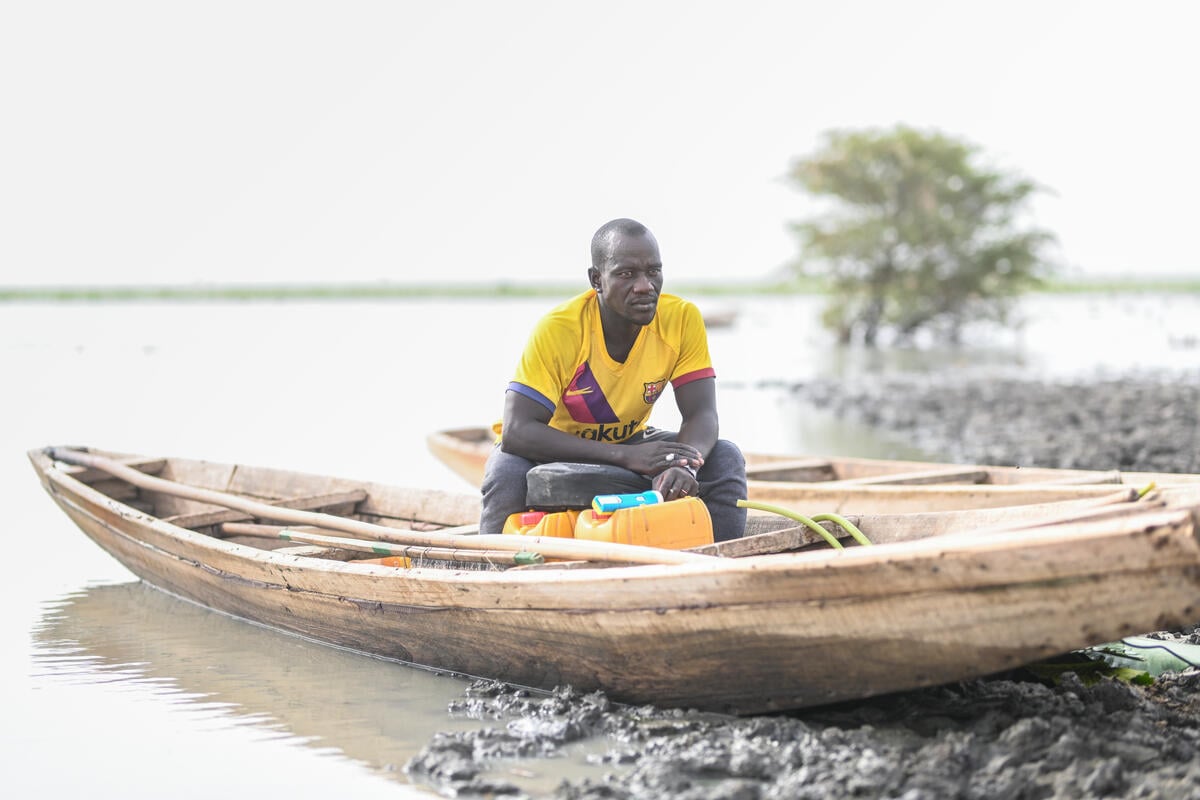Branching out in eastern Chad
Branching out in eastern Chad

ABECHE, Chad, June 6 (UNHCR) - If the UN refugee agency has its way, refugees in eastern Chad will soon have their own family trees - not for tracing genealogy, but to sow seeds for the survival of their loved ones and their host communities.
Eastern Chad is a semi-arid region with scarce resources, hard-to-access sources of ground water, and diminishing rains in recent years. Add to that fragile environment the influx of more than 200,000 refugees from Sudan's Darfur region in the last two years. Some of them have brought livestock, which together with existing ones owned by the local residents, are overgrazing an already depleted land.
Recognising the gravity of the problem, UNHCR, the Chadian authorities, donor countries and partners have been implementing an environmental action plan that includes tree-planting on a large scale.
"Trees represent life and Chadians have always counted on wood to cook food and keep them warm in the winter season," says Bakhit Issac, Regional Director of the Ministry of Environment and Water in Abéché, the main town located in eastern Chad.
For the past few months, UNHCR's environment specialists have been working closely with the Chadian Ministry of Environment and Water, the local population and partners to set up tree nurseries in villages near UNHCR's camps in eastern Chad. The 11 nurseries, plus a central one in Abéché, cater to both the refugees and the local communities, and have the capacity to provide more than 200,000 trees at this stage.
"The idea is quite simple," explains Arnold Egli, UNHCR's environment coordinator. "Tree nurseries and tree planting are helping to mitigate the effect of refugee camps on the environment in Chad. They are also helping to encourage the local population and government to put in place their own natural resource management programme. We should not talk about reforestation at this stage and especially in this kind of environment, in the drier areas of eastern Chad. But tree planting could make a difference."
The Ministry of Environment and Water will soon start distributing 100,000 young trees harvested in Abéché's main nursery to the Chadians. They include fruit trees such as lemon trees, mango trees and other species like acacia that are native to Chad.
To mark World Environment Day on June 5, tree-planting activities are being organized in all 12 UNHCR refugee camps in eastern Chad. UNHCR and the Chadian government are hoping for each person to plant one tree and to take care of it, be they refugees or locals. The goal seems ambitious, but considering the alternative in such a harsh climate, it is an obvious choice between planting trees and running the risk of having no trees at all in a few years.
"Many refugees want to leave something to the Chadians, and if one day they return home, the trees will stay behind as a 'thank you' note to the Chadians who have welcomed refugees when they were in need," explains Egli. "Tree planting by refugees and Chadians is also a way to work together towards a common goal to ensure the sustainable use of the environment and to alleviate tensions that could occur when natural resources are scarce."
Other aspects of the environmental action plan include finding energy-saving techniques, alternative sources of fuel, as well as better management of water sources and grazing areas.
The annual World Environment Day is a good opportunity to promote environmental activities among refugees, but the environment is a year-long priority for UNHCR and its partners. Considering the impact of refugees on a region like eastern Chad, the promotion of environmental activities has become a daily necessity and has reached the same level of importance as the need for food and clean water.
By Ginette Le Breton in Abéché, Chad


